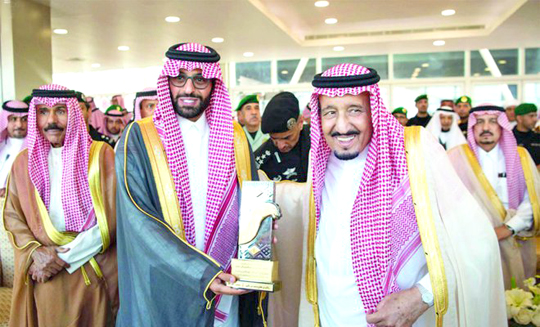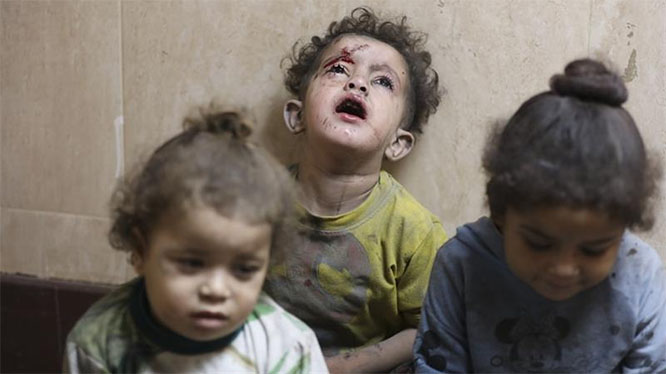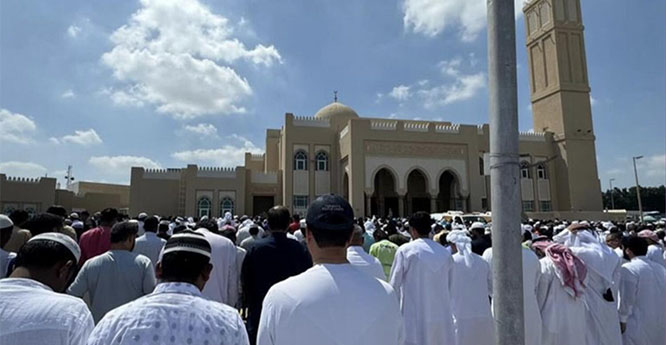Riyadh, Apr 14: They have long legs, big beguiling eyes, and enjoy long walks — although some are said to be rather bad tempered.
We are talking about camels, of course — specifically the winners of a four-legged beauty contest held Thursday at the close of a traditional Saudi festival.

Big beasts deserve big prizes — and the King Abdulaziz Camel Festival, as it is formally known, did not disappoint.
The fairest of the entrants to the festival’s beauty contest, which is dubbed “Miss Camel” globally, trekked into the sunset with more than SR114 million ($30 million) in prizes.
King Salman was the chief guest at closing of the month-long festival held in Rumah, 120 km northeast of Riyadh, which aims to celebrate Saudi culture and traditions.
The beauty pageant attracted some 1,400 camel owners from different Gulf countries, bringing many thousands of camels with them.
A total of 270 prizes were given for the four-legged supermodels, who were judged in five different categories.
The contest — called “Mazayen Al-Ibl,” or “the beautiful camels,” in Arabic — was overseen by a jury of Bedouins, who are considered experts in camel-rearing.
The judges ranked the camels according to their beauty and whether they meet the required specifications. The beasts, knowns as the “ships of the desert,” were divided by color — including white, yellow, golden, black and red-brown — and judged on various attributes including their long eyelashes.
The competition was founded in 1999 by a group of local Bedouin people, and went on to receive support from the Saudi royal family.
Due to its rising popularity it turned into a heritage festival, attracting people from across the Gulf Cooperation Council (GCC) to travel to showcase their finest camels.
Celebrating the culture and way of life of Saudi Arabia and Bedouin traditions, the festival now includes a literature prize and other awards include a photography contest in collaboration with National Geographic. The evening program on the closing of the festival included a recital by renowned poets who portrayed the rich culture and heritage of the Kingdom. The Saudi Ardah, a type of folkloric dance, was also performed.
“The month-long camel festival witnessed something distinct this year, and it offered a world-class entertainment for heritage enthusiasts,” said Talal bin Khalid Al-Tarify, official spokesman of the festival, on Sunday.
Mohammed Al-Shaple, a member of the festival’s media panel, said the program included lessons on how to ride camels. “The camels were beautifully decked and formed a colorful spectacle that was interesting sight to watch,” said Al-Shaple.
On the invitation of the King Salman, a galaxy of officials from GCC countries — including the King of Bahrain — attended the closing of the festival in Rumah.
Members of the Saudi royal family, ministers and senior government officials were also present at the historical event.
King Salman used the occasion to launch the “Saudi Village for Camels.”
The new village, 140 kilometers from Riyadh, will be an integrated development specializing in everything dromedary-related, including camel breeding, auctions and research.







Comments
Add new comment